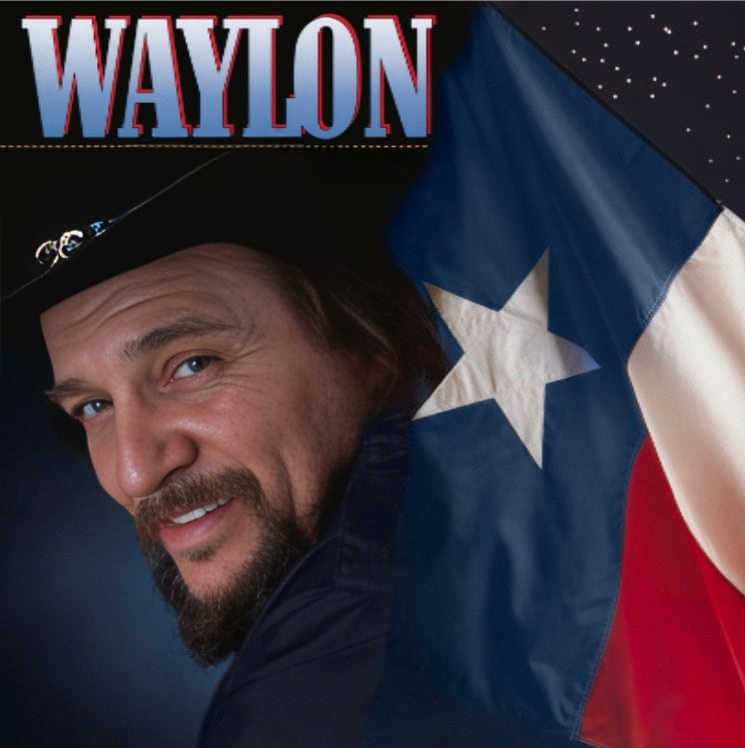
“The Pilgrim, Chapter 33,” often referred to simply as “The Pilgrim,” is a poignant and introspective song performed by Waylon Jennings, featuring the songwriting prowess and vocals of Kris Kristofferson. Waylon Jennings, a cornerstone of the Outlaw Country movement, was known for his rebellious spirit, distinctive baritone voice, and rejection of Nashville’s polished pop sensibilities. He achieved considerable success, charting numerous hits, including “Luckenbach, Texas,” “Good Ol’ Boys” (the theme song from The Dukes of Hazzard), and “Ramblin’ Man.” Though awards aren’t the sole measure of an artist’s impact, Jennings garnered numerous accolades, including multiple Grammy Awards and Country Music Association Awards, solidifying his place in country music history.
“The Pilgrim” is not just a song, but a character sketch, a lyrical portrait of a wandering soul who embodies the spirit of freedom, risk, and the relentless pursuit of something more. Many interpret the “Pilgrim” as an autobiographical reflection on Kristofferson himself, capturing his restless nature, his artistic struggles, and his unconventional path through life. The lyrics detail a man comfortable living on the fringes, driven by inspiration and unafraid to embrace the unconventional. He is described as “a walking contradiction, partly truth and partly fiction,” suggesting the complexity and often paradoxical nature of human existence.
Audience reception to “The Pilgrim” has been overwhelmingly positive, with many listeners finding deep resonance in its themes of self-discovery, authenticity, and the search for meaning. Its raw honesty and relatable portrayal of a flawed but ultimately inspiring individual have cemented its status as a classic, often cited as one of Kristofferson’s finest compositions and a powerful showcase of Jennings’ vocal delivery. Fans appreciate the song’s lack of pretension and its ability to evoke a sense of longing and empathy for the wandering spirit it portrays.